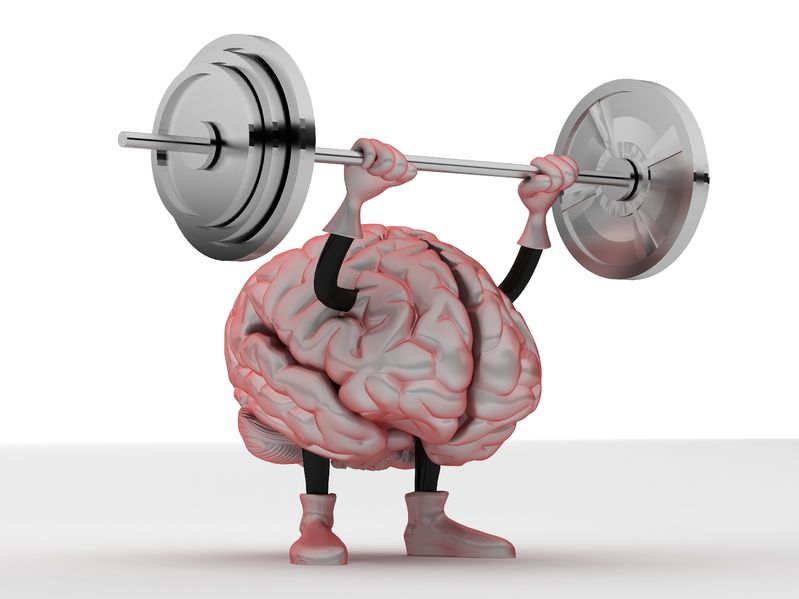Note that your final mark will not be saved in the system.
2.4 Mental preparation Typeit
Type the correct answers into the spaces. Fill all the spaces before clicking ‘Check Answers!’

It is well understood that physical preparation for sport improves performance, but recent attention has been given to the preparation of sport and the increasing significance of this aspect to performance. It can begin in the week leading up to the event, such as an added focus and intensity in training. A lot of thought can then be given in the night before the day of the event, in order to put the mind at ease and get a good quality of . It can then form part of the on the day of the event.
Warm-ups shouldn’t just focus on the preparation in sport; they should also focus on the mental preparation of an athlete. Think of all the times you have seen sport on the television and seen a shot of an athlete ‘in the ’ prior to competition. They block out everything around them and perform their own routines, as part of a warm-up, to prepare for competition. Every athlete is different, so athletes should be allowed to perform their own routines during a warm-up. Examples may include: listening to upbeat or calming music to control arousal levels and enhance so that distractions can be blocked out; saying positive statements; giving oneself encouraging words to motivate and increase optimism; reducing or forming a picture in the mind associated with successful performance, such as lifting a trophy or the aftermath of executing a skill to perfection.
Mental is the process of visualising the skill about to take place. The performer will imagine the skill being carried out as they would want it to happen in real life. This allows the performer to focus on the task in front of them and block out any . A common example is a rugby player taking a conversion or penalty from the tee. You will often see the kicker pause and concentrate on the ball and posts – it is now that they are visualising the perfect kick.